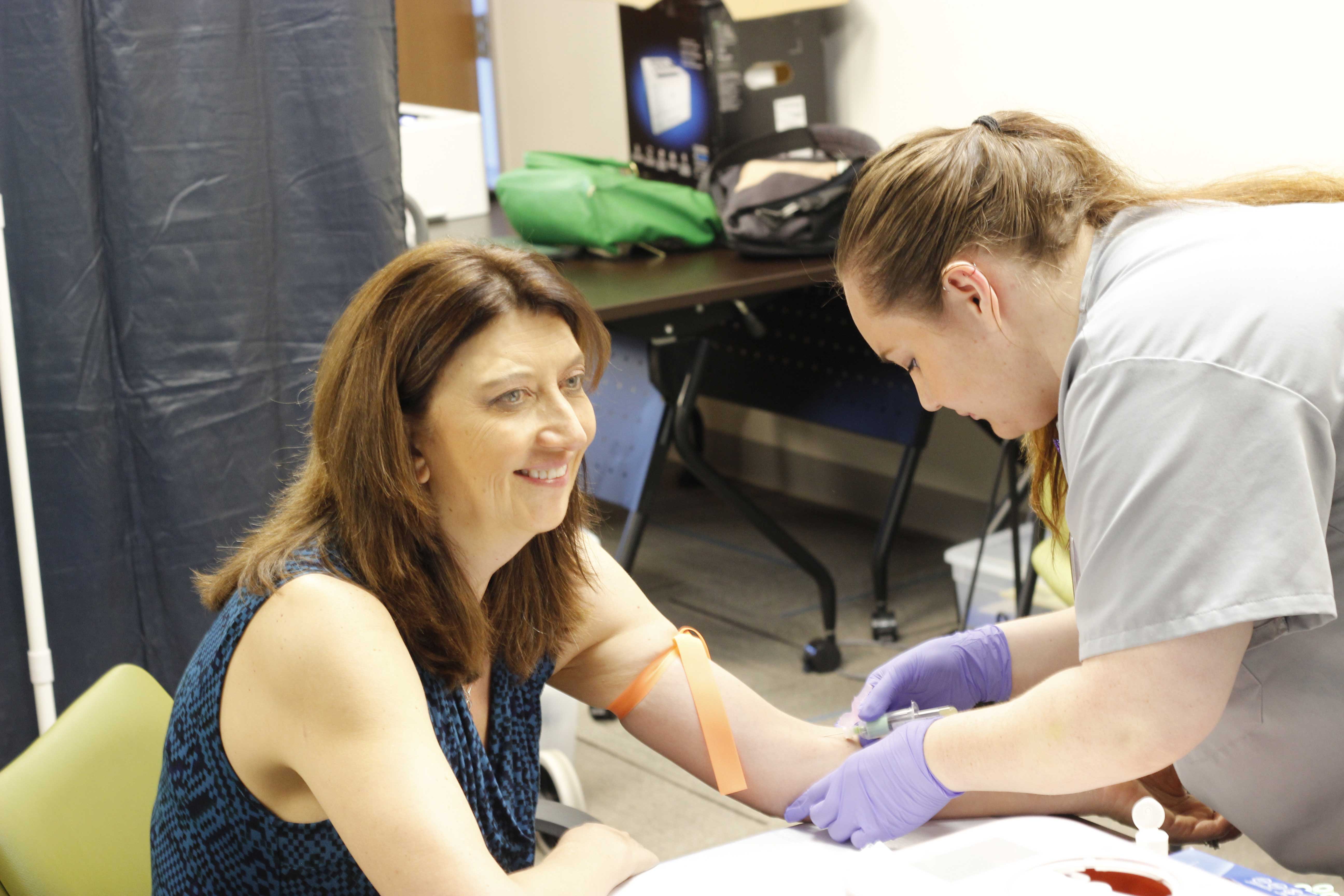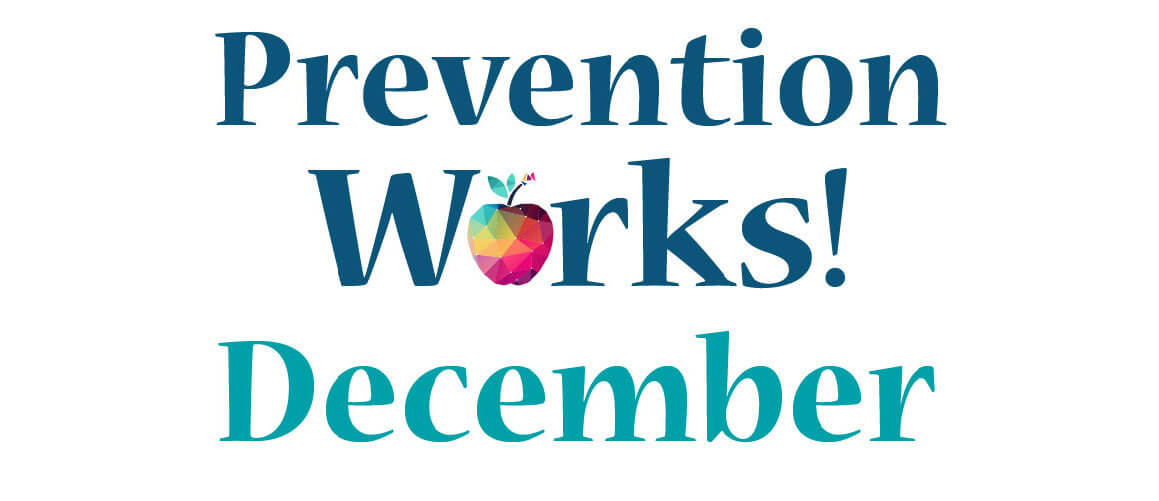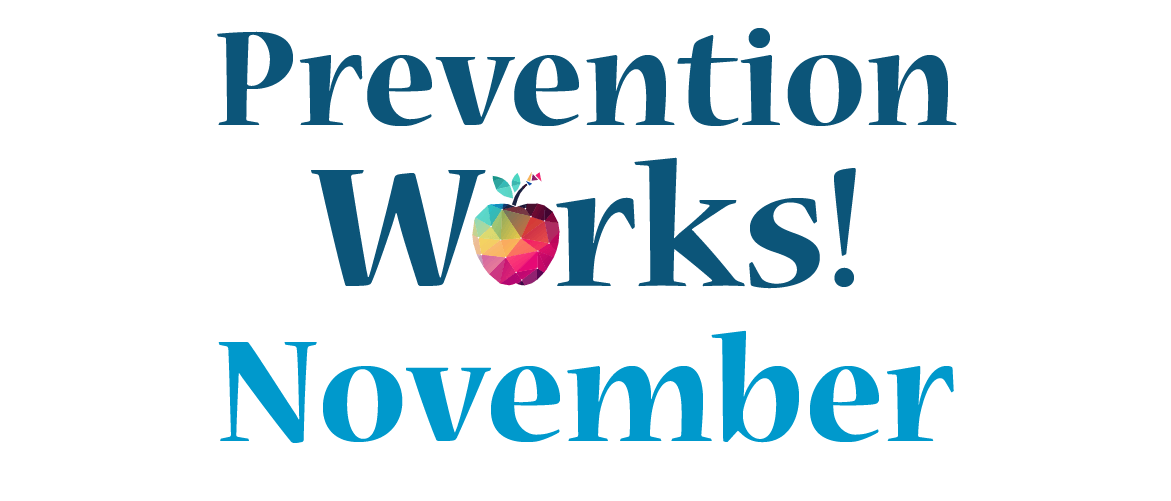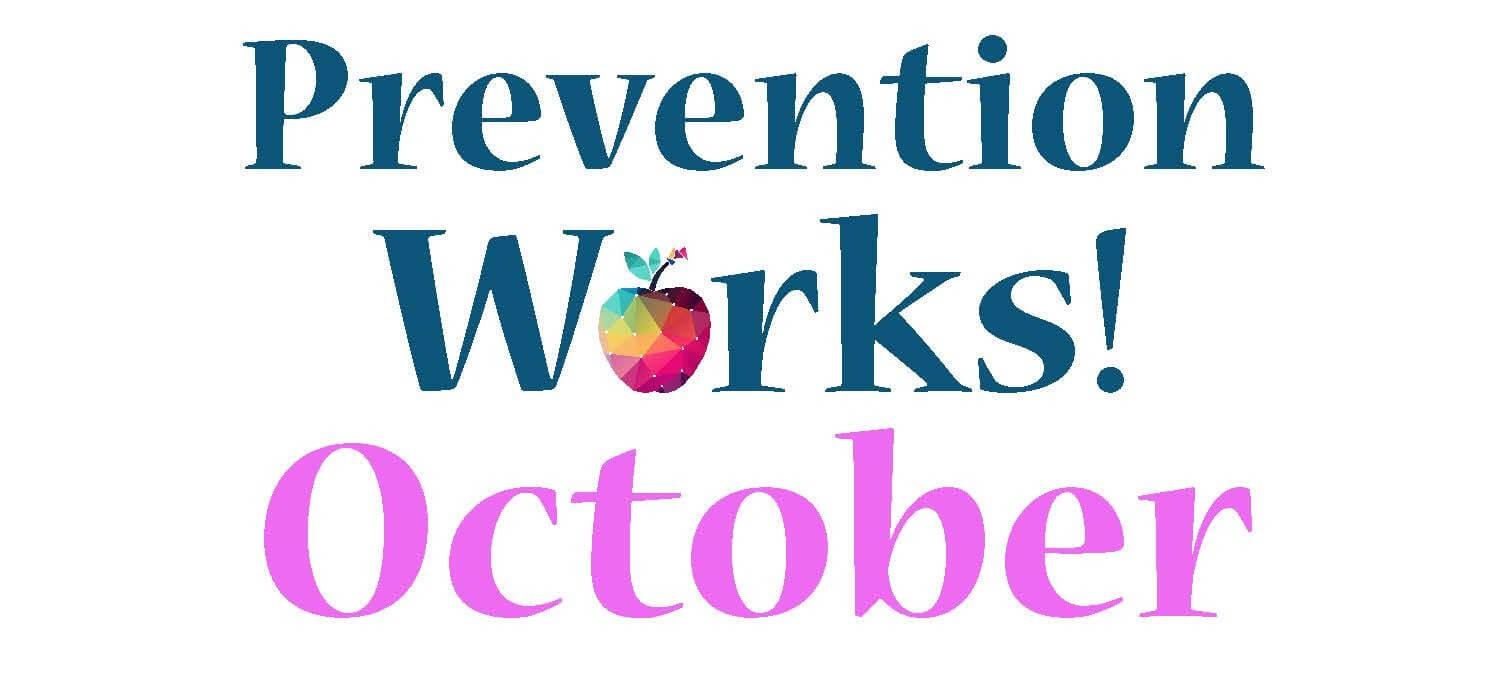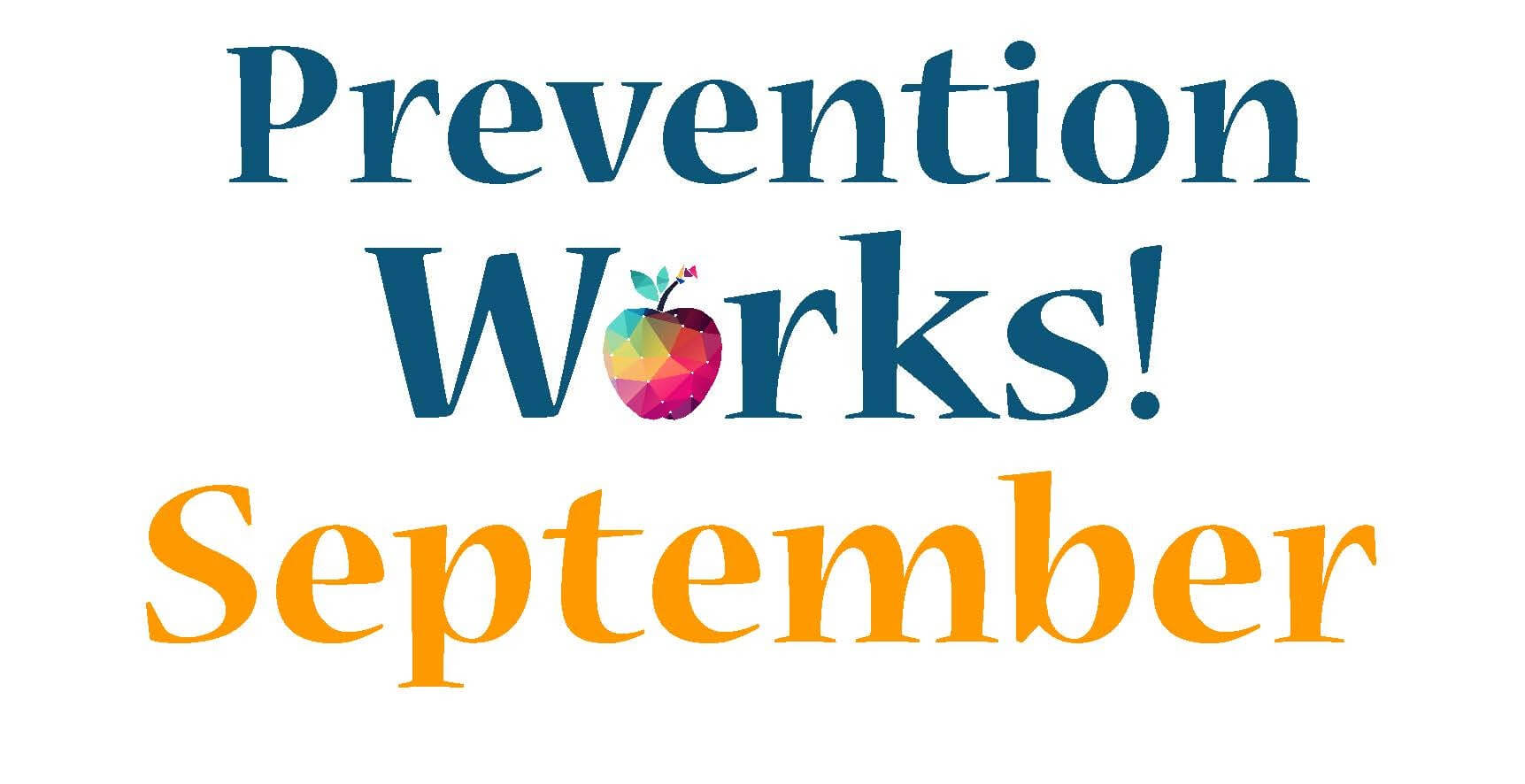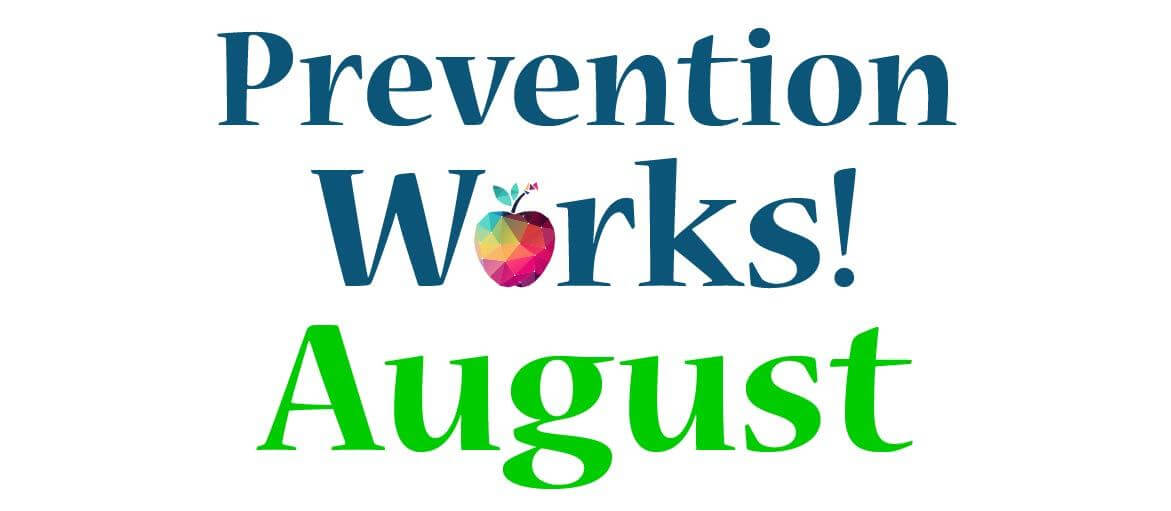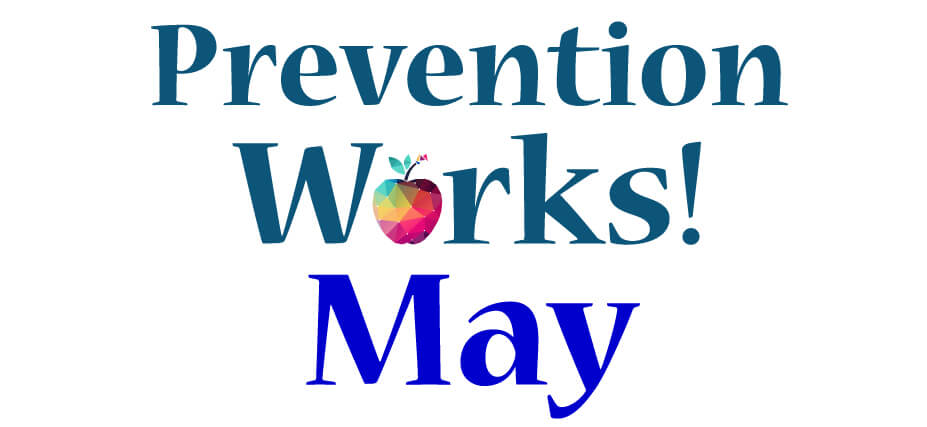As part of CU Health Plan’s (CUHP) ongoing Prevention Works! campaign, we’re highlighting June as national Men’s Health Month. The purpose of the observance is to heighten awareness about preventable health problems and encourage early detection and treatment of disease among men and boys.
- Second only to skin cancer, prostate cancer is the most common type of cancer in American men.
- One in six men are expected to receive a prostate cancer diagnosis during his lifetime.
- More than 217,000 men in the United States are diagnosed with prostate cancer each year. More than two million American men with the diagnosis remain alive today.
- The American Cancer Society recommends men with an average risk of prostate cancer begin the discussion about screening at age 50, while men with higher risk begin earlier.
Men’s Health Month gives healthcare providers, public policy makers, the media and other concerned individuals an opportunity to encourage men and boys to seek regular medical advice and early treatment for disease and injury.
Anchored by a Congressional health education program, this observance is celebrated nationwide with screenings, health fairs, media appearances and other health education and outreach activities.
“Therapy from the Creators of Pork Chops and Fighter Jets”
Okay, it’s not a big secret that men lean more towards silence when it comes to talking about their feelings. That’s why a Denver-based ad agency called Cactus, in conjunction with the Carson J Spencer Foundation and the Office of Suicide Prevention at the Colorado Department of Public Health and Environment, created Man Therapy. Man Therapy is a tool that was designed with humor to help men talk about tough topics like suicide, depression and divorce. It could help out a fella close to you, plus it’s pretty funny, so check it out!
Study Shows Different Genetic Drivers Of Colorectal Cancer In Older And Younger Patients
A University of Colorado Cancer Center study presented at the 2016 Gastrointestinal Cancers Symposium shows how differences in colorectal cancer between younger and older patients may be distinguished genetically – a finding that could pave the way for better treatments for younger patients.
Testicular Cancer In Young Men Growing
Testicular cancer is not common overall, but it is the most common cancer in men between the ages of 15 and 35. The good news is that it has one of the highest survival rates, if found early. That’s why, as this video highlights, medical experts say prevention and overall awareness is critically important.
How Exercise May Lower Your Risk For 13 Different Types Of Cancer
In need of a little motivation to move more? A new study shows that, in addition to its other health benefits, exercise appears to substantially reduce the risk of developing 13 different varieties of cancer. That is far more than scientists previously thought. And did you know that when you make the decision to Move. more could get you $25 a month? Check out Be Colorado’s very own Move. program to learn more!
Talking to Your Son About Testicular Cancer
Testicular Cancer can arise at any age, but research suggests that young men between the ages of 15 and 35 are especially susceptible. As this data suggests, talking to your son may be difficult, but it’s a discussion that could save his life.
What You Don’t Know May Hurt You
There has been significant research in recent decades showing that many chronic conditions – from heart disease to prostate cancer – may be linked to everyday environmental exposures. As this report conveys, many men may not realize though that they’re at a higher risk than women for certain conditions brought on by environmental exposures.
New Study: Prostate Cancer Aggressiveness Linked To Low Levels Of Vitamin D
An investigation of men undergoing surgery to remove a cancerous prostate shows there is a link between low levels of vitamin D and aggressiveness of disease. Previous research has also found a link between low vitamin D levels and prostate cancer, based on blood samples taken prior to treatment. However, the new study monitored the blood levels of vitamin D within months before the tumor was identified as aggressive during prostate removal surgery. Low vitamin D may help explain disparities between ethnic groups with prostate cancer. For example, African Americans who are more likely to experience a more aggressive form of the disease.
CUHP ‘Prevention Works!’ Campaign Magnets For Men
Benjamin Franklin coined the famous phrase, “an ounce of prevention is worth a pound of cure.” There’s no arena where his words ring true more than in the area of health. With that in mind, in December 2015 CU Health Plan (CUHP) launched its yearlong prevention awareness campaign for Plan members with the delivery of a colorful magnet mailed directly to the homes of Anthem Blue Cross/Blue Shield plan members; it includes helpful health information personalized by age and gender. The goal was for members to post the magnet on the refrigerator (or wherever else that’s handy) as a daily reminder that, well, prevention does work. Here’s a look at the magnets for men, broken up into various age groups.
Sign Up For 2016 Broncos Stadium Challenge!
National Men’s Health Month is about taking action to be healthy and safe and encouraging the men and boys in your life to make health a priority. Denver Broncos fans will get the chance to get fit and learn about making healthy choices with the help of the Broncos. They’ve partnered up with 24 Hour Fitness, Children’s Hospital Colorado and UCHealth to host the 2016 Stadium Challenge at Sports Authority Field on Saturday, June 11. The program is part of the football team’s health and wellness effort to educate and motivate all fans to embrace a healthier lifestyle.
June 17 Is ‘Wear Blue Day’ 2016
Men’s health awareness can mean many different things – raising awareness about making healthy lifestyle choices, making regular annual visits to the doctor, getting educated on chronic conditions like heart disease and diabetes, starting general health conversations with their male friends and much more. One way to show your support for National Men’s Health Month is to wear the color blue on Friday, June 17. “Wear Blue Day” aims to raise awareness about the importance of male health and to inspire men to live longer and healthier lives, all while giving women an opportunity to encourage them to do so.
Wear Blue Day is a part of the year-round Wear BLUE® awareness campaign created by Men’s Health Network to create an opportunity for private corporations, government agencies, sports teams and individuals to raise awareness – and money – for education about men’s need to seek regular checkups, or testicular cancer education, prostate cancer education, or other health issues. Whether it is your friend, brother, dad, boyfriend, spouse, or boss, you may show them you care about them and their health by getting a group together to wear blue!
2016 ‘Denver Undy Run/Walk’ Set For June 25
The 2016 Denver Undy Run/Walk is scheduled for Saturday, June 25 at Denver’s City Park. The Undy Run is a 5K walk/run and 1 mile Kids Fun Run to raise awareness about colorectal cancer. Participants are encouraged to draw attention to their bottoms—and colorectal cancer—by participating in their underwear. This is a family-friendly event and all participants will receive a commemorative pair of “Undy Ru” boxer shorts! The money raised will benefit the Colorado Colorectal Screening Program, providing colonoscopies to income-eligible uninsured Coloradoans.
ShameOver: It’s Time To Talk About Men’s Mental Health
Men share their experiences dealing with mental health challenges as a part of The Huffington Post’s “ShameOver” campaign.
Male Mental Health TV Documentary
Talking about mental health is the first step to eliminating the negative stereotype around it — but for men, this can be particularly challenging. This short documentary explores mental health challenges from a male perspective.
